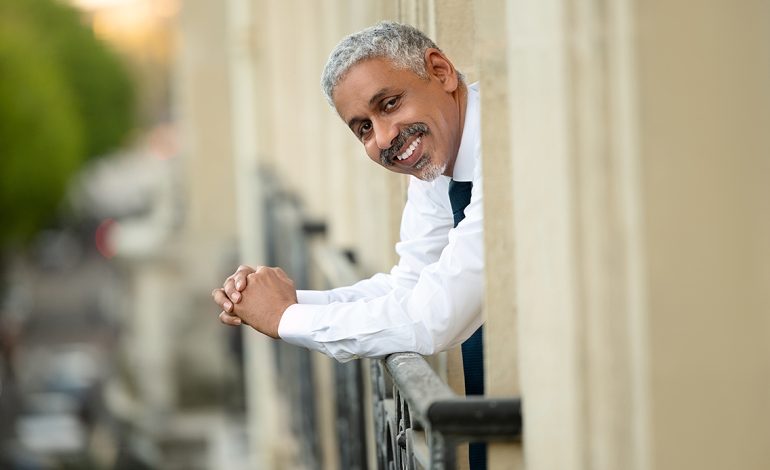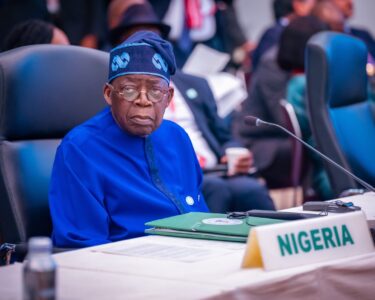9th AfDB President
Dr. Sidi Ould Tah
Summary
- Mauritania’s Dr. Sidi Ould Tah secures presidency of African Development Bank Group with 76.18% of the vote
- Election held during AfDB 2025 Annual Meetings themed “Making Africa’s Capital Work Better for Africa’s Development”
- Tah pledges reforms in financial architecture, climate resilience, and youth empowerment across Africa
ABIDJAN, Côte d’Ivoire – Dr. Sidi Ould Tah has been elected the ninth President of the African Development Bank Group (AfDB), succeeding Nigeria’s Dr. Akinwumi Adesina after a decade of transformational leadership.
The election took place at the Bank’s Annual Meetings in Abidjan, where finance ministers and central bank governors from 81 member countries convened under the theme “Making Africa’s Capital Work Better for Africa’s Development.”
A seasoned economist and Mauritania’s former Minister of Economy and Finance, Dr. Tah secured 76.18% of votes in the third round of a closely watched contest. His victory reflects a consensus across both regional and non-regional members, meeting the institution’s stringent double-majority voting requirement.
Dr. Tah, who previously served as President of the Arab Bank for Economic Development in Africa, emerged victorious over four formidable candidates: Amadou Hott (Senegal), Samuel Munzele Maimbo (Zambia), Abbas Mahamat Tolli (Chad), and Bajabulile Swazi Tshabalala (South Africa).
With more than 35 years of experience in African and international finance, Dr. Tah assumes office on September 1, 2025. His election is seen as a strategic pivot toward deeper South-South cooperation and stronger links between African economies and Arab financial institutions.
His vision centers on mobilizing large-scale capital, reforming the continent’s financial systems, building climate-resilient infrastructure, and unlocking the potential of Africa’s youthful population.
His predecessor, Dr. Adesina, leaves behind a significant legacy, having increased the Bank’s capital base from $93 billion to $318 billion and spearheaded flagship initiatives like the Desert to Power project and Technologies for African Agricultural Transformation (TAAT).
Tah’s presidency begins at a critical juncture for Africa, which is grappling with the compound challenges of climate change, rising debt levels, and economic shocks. He is expected to lead with a focus on sustainable development, cross-border infrastructure, and inclusive financing aligned with Agenda 2063 and the UN Sustainable Development Goals.
Initial reactions have been overwhelmingly positive, with many praising his deep-rooted experience and expressing confidence in his capacity to deliver transformative impact.
All eyes are on Dr. Tah to steer Africa’s premier development finance institution through a new era of opportunity and resilience.







